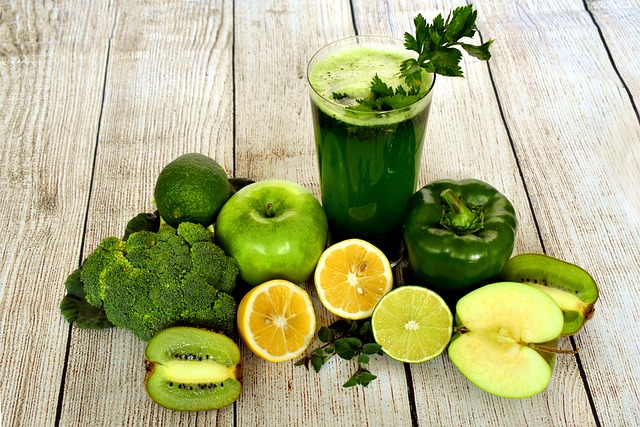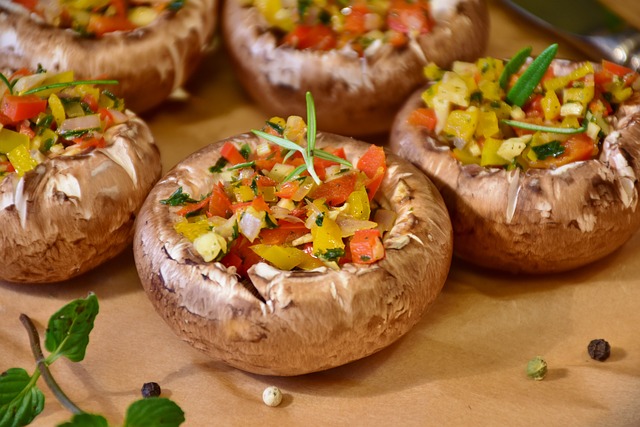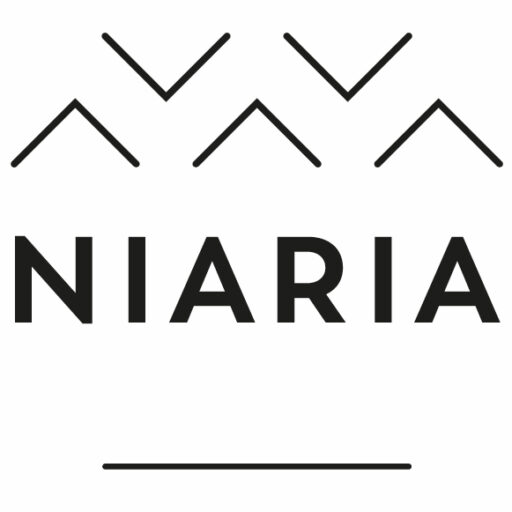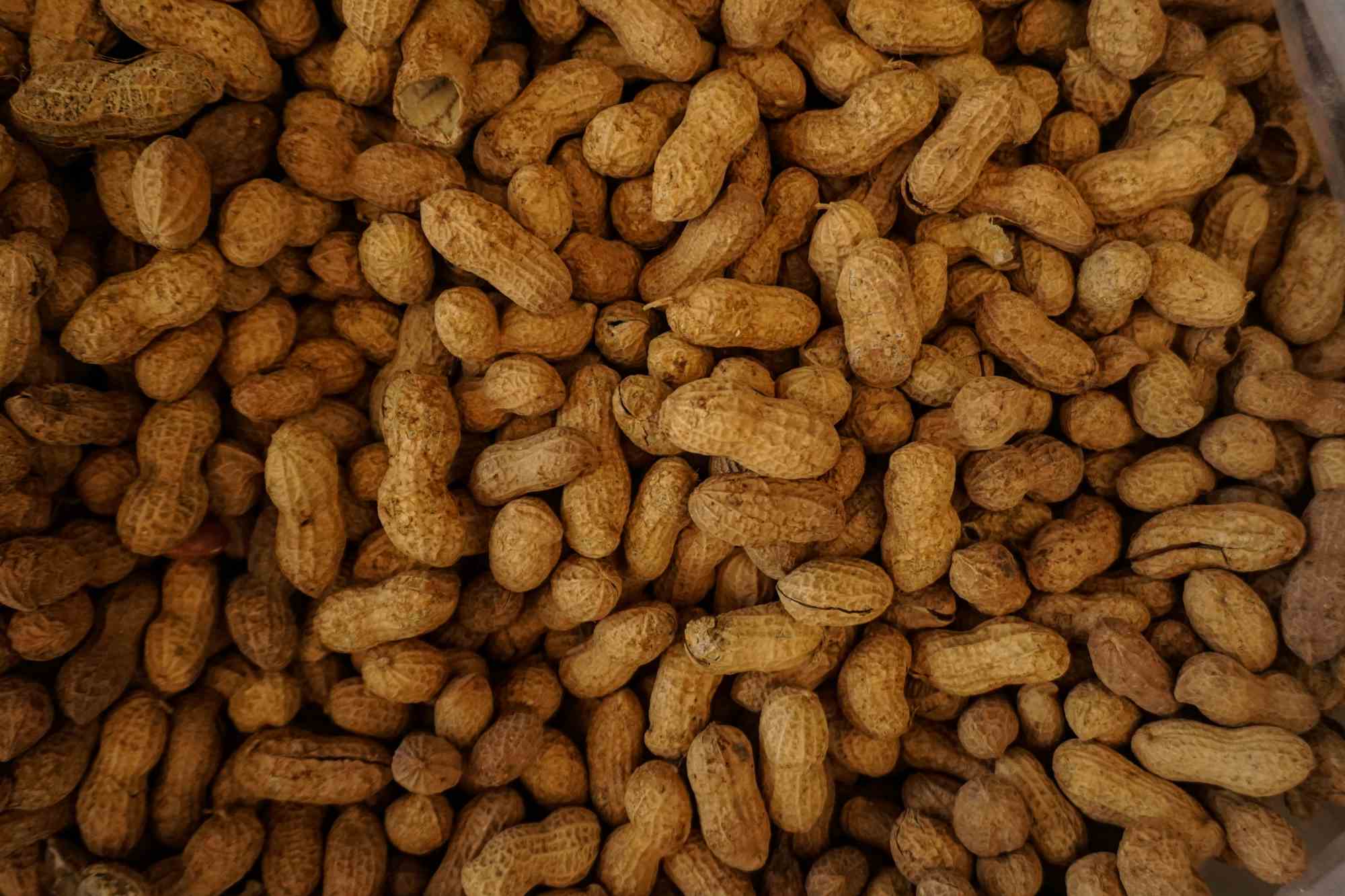
Why People Choose Vegan and Vegetarian Diets
Vegan and vegetarian nutrition are growing in popularity, and many people are making the switch for various reasons. Some adopt these diets for ethical concerns regarding animal welfare, while others focus on the environmental impact of meat production, seeking to reduce their carbon footprint.
Others might choose these diets for religious or cultural reasons. Health reasons also play a role, as research suggests that plant-based diets can help reduce the risk of chronic illnesses such as heart disease, diabetes, and certain cancers.
Furthermore, many find that a plant-based diet helps them feel more energized and connected to nature. This article explores the essential nutrients, healthy food alternatives, and practical tips to maintain a well-rounded diet for vegans and vegetarians.
Benefits of Vegan and Vegetarian Diets
Opting for a vegan or vegetarian diet can offer a range of advantages:
Improved Heart Health:
Plant-based diets are often high in fiber, antioxidants, and healthy fats, which help reduce bad cholesterol (LDL) and improve heart health. A diet rich in fruits, vegetables, and whole grains provides antioxidants that help combat oxidative stress and inflammation in the body.
Weight Management:
These diets can aid in weight loss due to their lower calorie density while providing nutrient-dense foods. Research shows that vegans and vegetarians tend to have lower body mass index (BMI) compared to those on omnivorous diets, making it easier to maintain a healthy weight.
Lower Risk of Chronic Diseases:
Studies indicate that vegans and vegetarians may have a lower risk of developing Type 2 diabetes and certain types of cancer, such as colorectal cancer. This is partly due to the absence of red and processed meats, which have been linked to these health risks.
Increased Energy Levels:
Whole plant foods provide a steady source of energy, helping people maintain a consistent level of vitality throughout the day. This is especially beneficial for those looking to avoid the energy crashes that can come with processed foods and refined sugars.
Addressing Common Nutrient Deficiencies in Vegan and Vegetarian Nutrition
While vegan and vegetarian diets can be nutrient-rich, there are a few vitamins and minerals that require careful attention to prevent deficiencies. In addition to a varied diet, certain supplements can help fill any nutritional gaps. Here are some of the key nutrients to focus on and how to ensure adequate intake:
Vitamin B12:
B12 is crucial for nerve function and the production of red blood cells. It is primarily found in animal products, making it essential for vegans and vegetarians to supplement it.
Sources: fortified nutritional yeast and B12 supplements. Regular blood tests can help monitor B12 levels to ensure that dietary intake or supplementation is effective.
Iron:
Iron supports the production of hemoglobin and is vital for oxygen transport in the body. Plant-based iron (non-heme iron) is less easily absorbed than iron from animal sources. Consider if blood tests show low iron levels, particularly for menstruating individuals or those prone to anemia.
Sources: Lentils, chickpeas, quinoa, pumpkin seeds, and dark leafy greens. Pairing iron-rich foods with vitamin C-rich options like citrus fruits, strawberries, or bell peppers can enhance absorption, making it easier to meet daily requirements.
Omega-3 Fatty Acids:
These healthy fats support brain function, heart health, and inflammation regulation. Although omega-3 is often associated with fish, there are excellent plant-based options that can meet the body’s needs.
Sources: Chia seeds, flaxseeds, hemp seeds, and walnuts. Including these in daily smoothies or sprinkled over salads can ensure a steady supply of omega-3s. DHA/EPA Supplements: Derived from algae, these omega-3 supplements support brain health and may reduce inflammation.
Calcium:
Essential for bone health, calcium can be found in several plant-based sources. Calcium is also vital for muscle function, nerve signaling, and vascular health.
Sources: Almonds, tahini, and broccoli. Incorporating a variety of these foods can help maintain bone strength, particularly as one ages.
Vitamin D:
Important for calcium absorption and immune function, vitamin D is often obtained through sun exposure. Supplementation may be necessary in winter months or for those living in less sunny areas.
Sources: Vitamin D supplements and regular exposure to sunlight for 10-30 minutes daily can also help maintain levels, though factors like skin tone, location, and age can influence this. Look for plant-based sources of vitamin D3 to ensure better absorption, particularly in regions with less sunlight.
Zinc:
Zinc supports immune function, wound healing, and protein synthesis. It is crucial for DNA synthesis and cell division, playing a role in growth and development.
Sources: Whole grains, chickpeas, pumpkin seeds, and cashews. Soaking and sprouting legumes can help increase zinc absorption from plant sources.

Healthy Protein, Carbohydrate, and Fat Alternatives in Plant-Based Diets
A balanced vegan or vegetarian diet includes diverse sources of protein, complex carbohydrates, and healthy fats:
Plant-Based Proteins:
Legumes:
Lentils, chickpeas, and black beans are rich in protein and fiber. They can be used in soups, stews, salads, and even mashed into spreads like hummus.
Tofu and Tempeh:
Excellent sources of complete protein, providing all essential amino acids. These soy products are versatile and can be baked, grilled, or added to stir-fries.
Quinoa:
A versatile grain that contains all nine essential amino acids. It serves as a great base for bowls, salads, or even as a breakfast porridge.
Carbohydrate Sources:
Whole Grains:
Brown rice, oats, and millet provide long-lasting energy and are rich in vitamins. They support digestive health due to their fiber content.
Sweet Potatoes:
A great source of complex carbs, high in beta-carotene and fiber. They can be roasted, mashed, or turned into fries as a nutritious side dish.
Fruits:
Bananas, apples, and berries provide quick energy with added antioxidants. They make for excellent snacks and can be blended into smoothies for a nutrient boost.
Healthy Fats:
Avocados:
Packed with monounsaturated fats, they support heart health and add creaminess to dishes.
Nuts and Seeds:
Almonds, chia seeds, and hemp seeds are great for adding omega-3s and protein. They can be added to smoothies, yogurt alternatives, or enjoyed as snacks.
Olive Oil:
A staple for cooking and salad dressings, offering anti-inflammatory properties. It can enhance the absorption of fat-soluble vitamins like A, D, E, and K when paired with vegetables.
Protein-Packed Vegan Recipes
Here are a few high-protein vegan recipes to keep meals interesting and nutritionally balanced:
Chickpea and Quinoa Power Bowl
Ingredients:
1 cup cooked quinoa, 1 cup roasted chickpeas, 1 avocado, 1 cup mixed greens, 1 tbsp tahini dressing.
Instructions:
Combine all ingredients in a bowl, drizzle with tahini dressing, and enjoy a nutrient-dense meal rich in protein, fiber, and healthy fats.
Tofu Stir-Fry with Broccoli
Ingredients:
200g firm tofu (cubed), 1 cup broccoli florets, 1 bell pepper (sliced), 2 tbsp soy sauce, 1 tbsp sesame oil.
Instructions:
Sauté tofu in sesame oil until golden. Add broccoli and bell pepper, then stir in soy sauce. Cook for 5-7 minutes and serve with brown rice.
Lentil and Spinach Soup
Ingredients:
1 cup lentils, 4 cups vegetable broth, 2 cups spinach, 1 diced carrot, 1 diced onion, 2 garlic cloves.
Instructions:
Sauté onion and garlic, then add lentils, carrot, and broth. Simmer until lentils are tender, add spinach, and cook for another 5 minutes. Serve with whole-grain bread for a complete meal.

Conclusion: Maintaining a Balanced Vegan or Vegetarian Diet
Transitioning to a vegan or vegetarian diet can be rewarding, offering numerous health benefits while contributing positively to the environment. Ensuring a well-balanced intake of protein, vitamins, and minerals is crucial to avoid deficiencies and maintain optimal health. By incorporating a variety of plant-based proteins, healthy fats, and whole grains, and supplementing when necessary, vegans and vegetarians can thrive and enjoy a nutritious lifestyle. With the right knowledge and meal planning, a vegan or vegetarian diet can be both satisfying and fulfilling.
Subscribe to our newsletter, follow us on social media to let us know how you’re working towards a balanced life!
Oral Health: Causes, Prevention, and the Role of Nutrition
Oral health is often a neglected part of our...
Food Allergies: Causes, Symptoms, and Management
Food allergies and sensitivities are...
Unintentional Weight Loss
Unintentional weight loss can be distressing,...
The Negative Impacts of Plastic Usage on Health and the Environment
Plastic has revolutionized modern life,...
The Impact of Social Media on Body Image: How It Affects Women’s Health
Social media has transformed how we connect,...
Why Women Need Nutrition Counseling Beyond Weight Loss
Women face unique challenges when it comes to...
The Benefits of Journaling for Mental Health
Journaling has gained recognition as a powerful...
Minimalism and Health: The Effects of a Minimalist Lifestyle on Mental and Physical Well-being
Living in a world where consumerism and constant...
Physical activity: Cardio, Strength Training, Yoga, and Pilates
Engagement in regular physical activity is...










